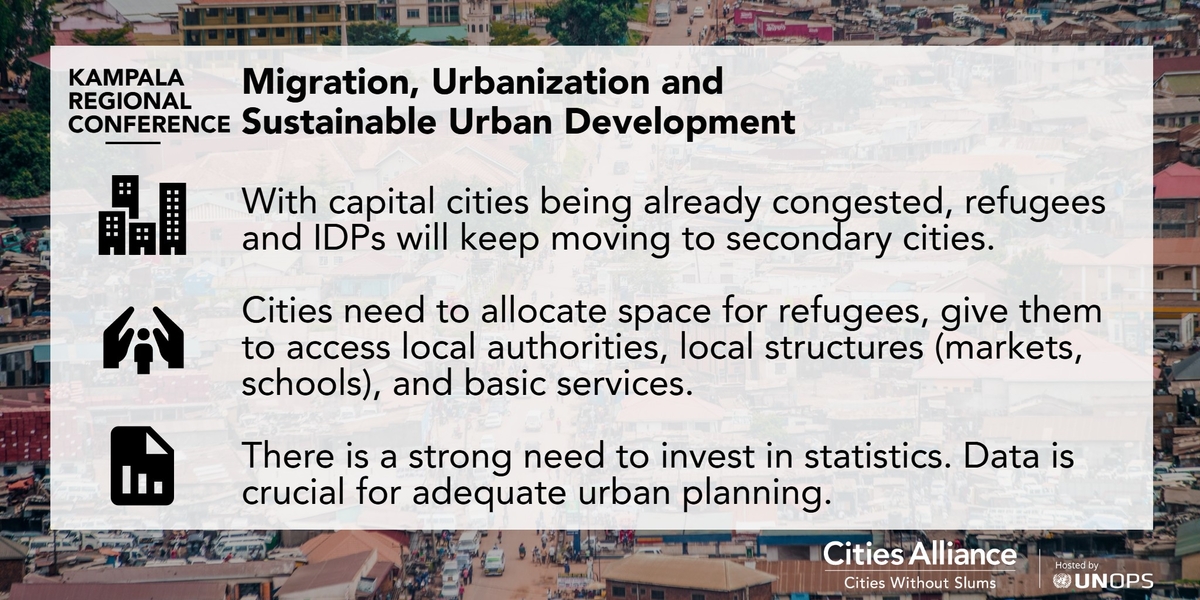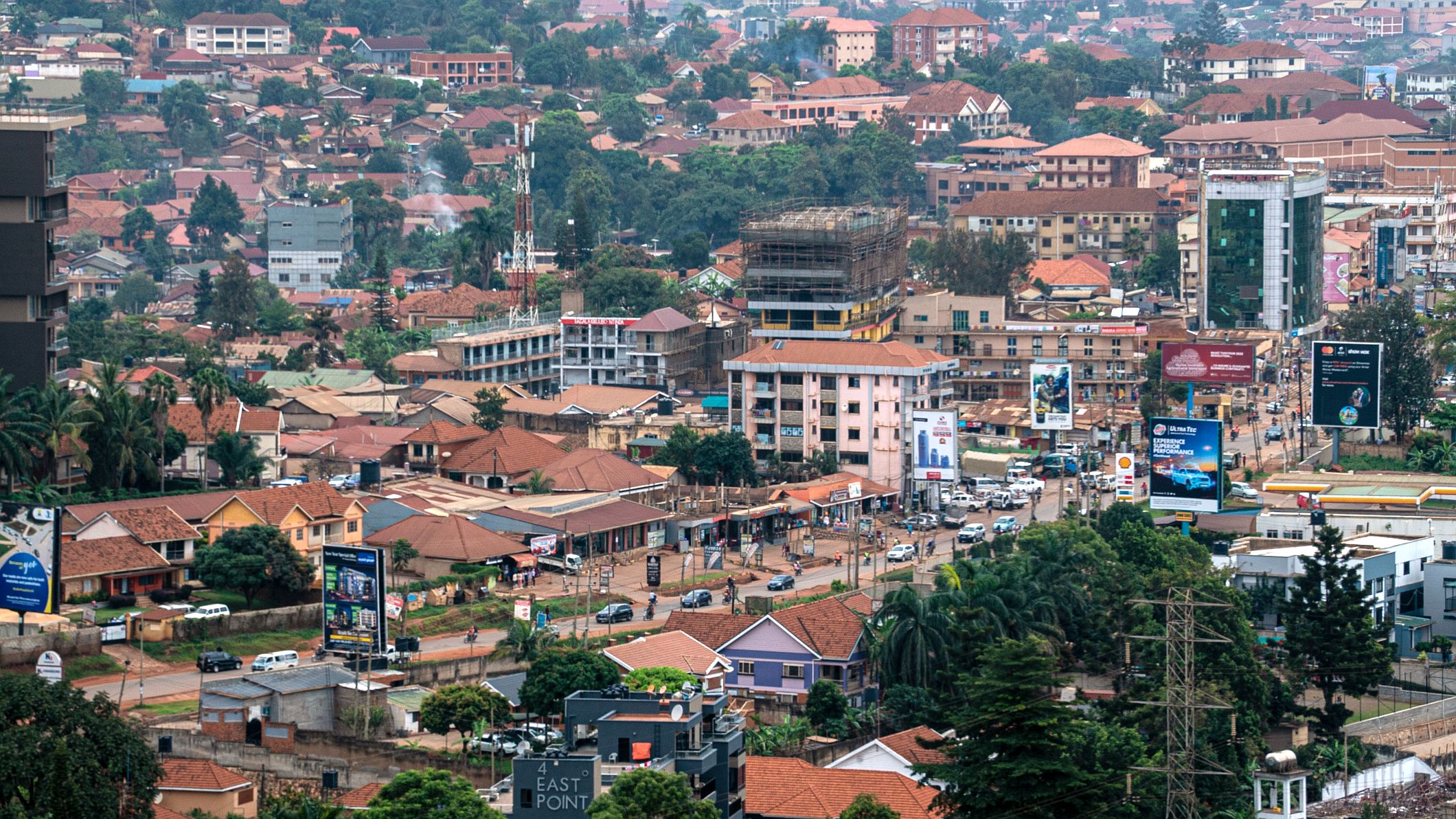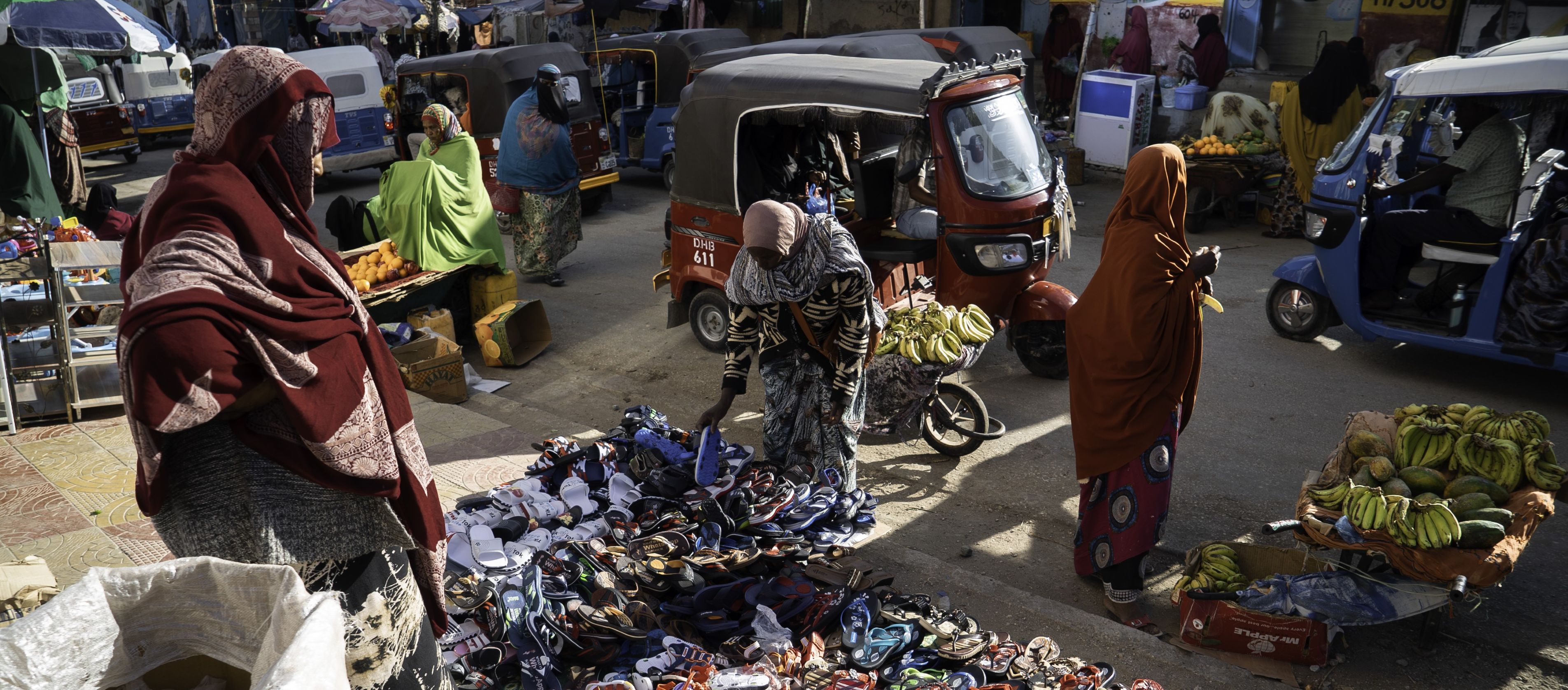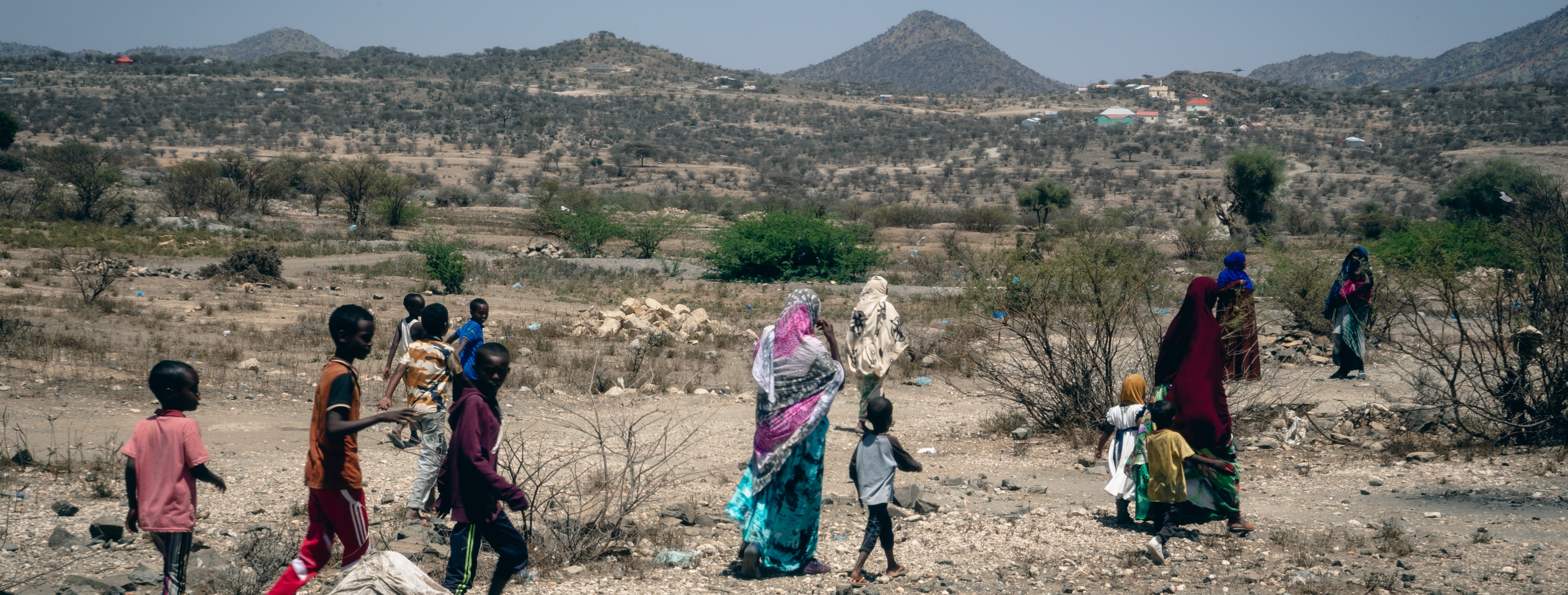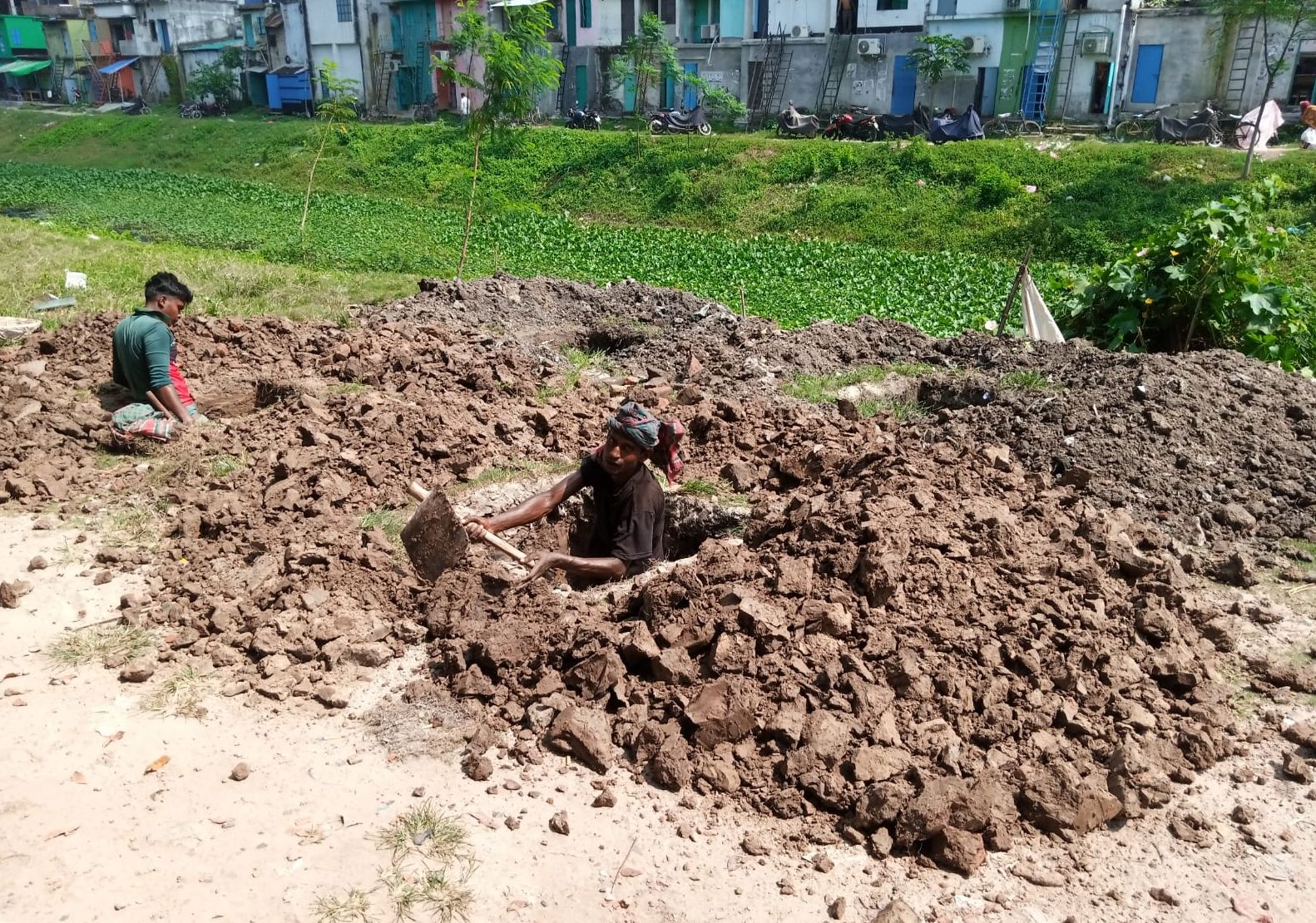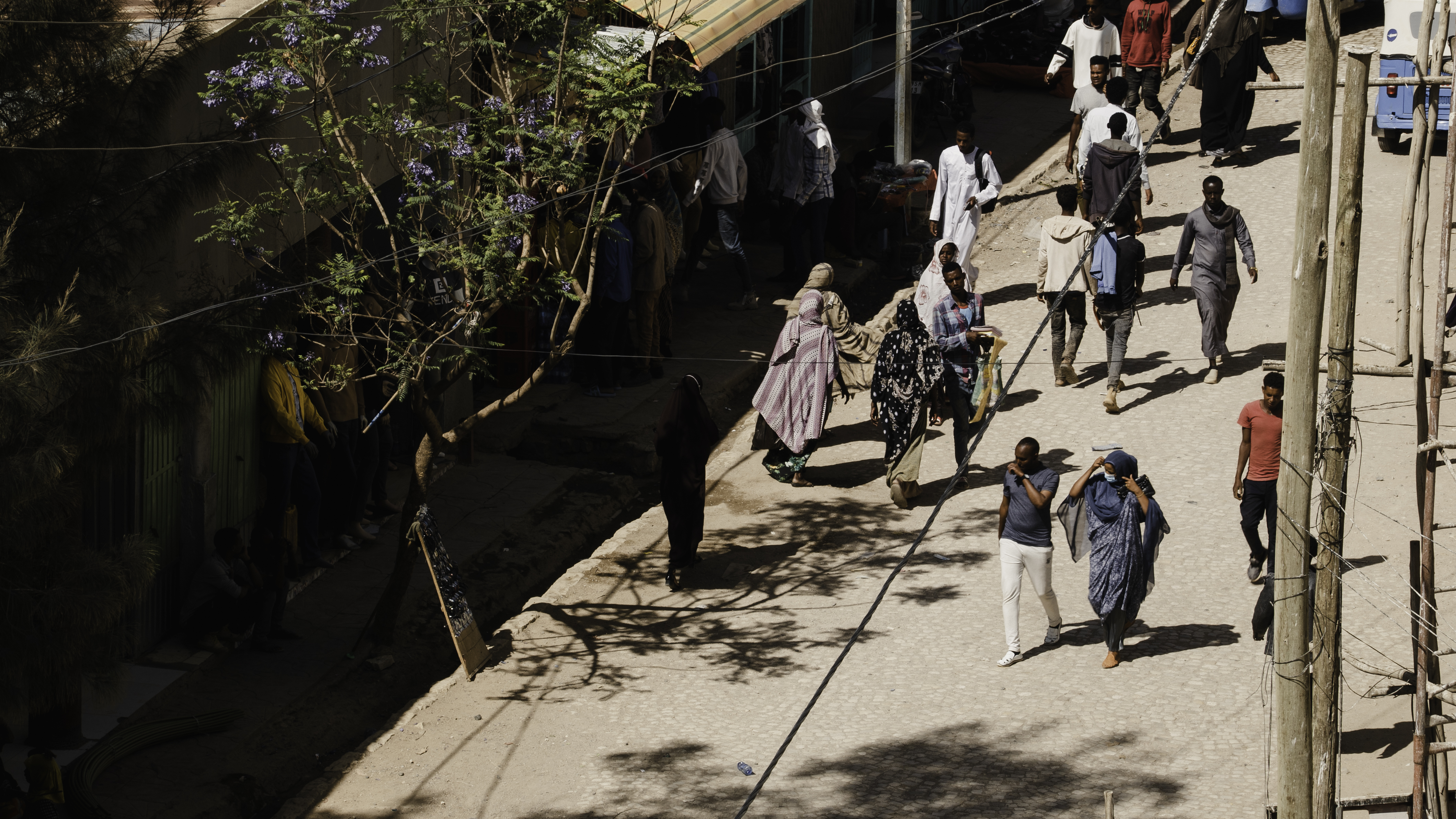From 28 to 30 March 2022 in Kampala, Uganda, Cities Alliance organized a three-day regional conference, with a focus on secondary cities. The event, in partnership with the Government of Uganda, the European Union and the Swiss Development Cooperation, brought together national and local authorities, international partners, and key urban actors from across the Horn of Africa, for a series of dialogues on the challenges and opportunities of forced migration, urbanization and sustainable urban development in the region.
In Uganda, a window has been opened to reframe the narrative and include urban refugees in discussions.
Solomon Sonko, Office of the Prime Minister of Uganda
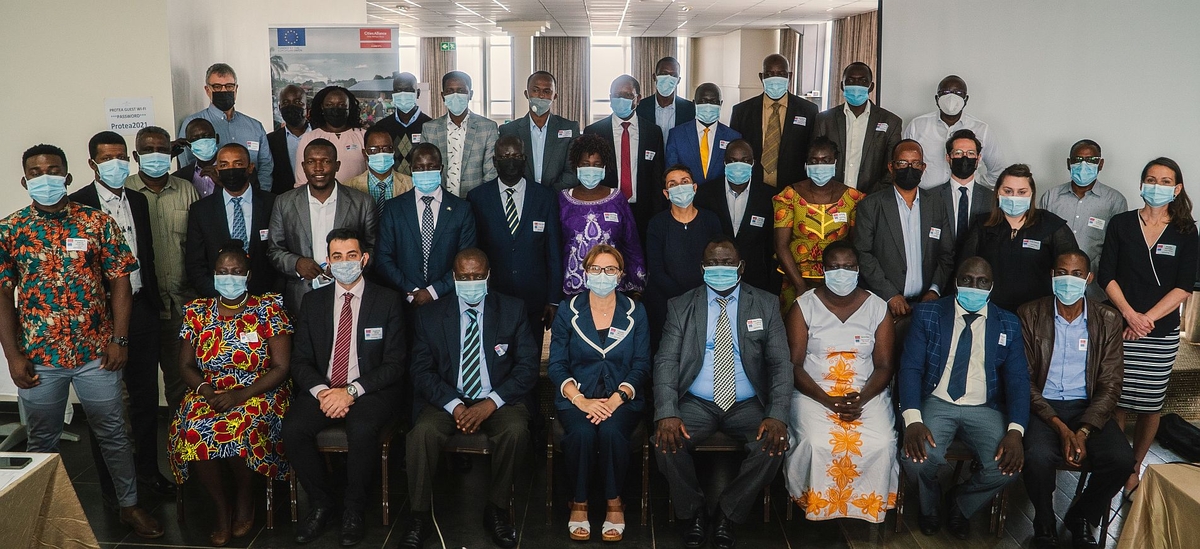
The Forum consolidated a network of communities from Uganda, Kenya, Ethiopia and Somaliland. It included host communities, migrants and forcibly displaced, mayors, experts and ministers in a dynamic regional dialogue confronted with the urgent challenge to manage rapid urbanization – driven by natural growth, rural to urban migration, and forced displacement. The regional network serves as a platform for peer-learning at the cross-country and sub-national levels to identify solutions and foster alliances for joint action.
Cities Alliance is a key partner as it provides the local communities with the space to tell their issues and the expertise to find the solution together.
Dr Jama Musse Jama, Director Hargeysa Cultural Centre, Somaliland
An overwhelmingly embraced solution was the Ethiopian urban expansion planning approach, pioneered by the Ministry for Urban Development and Construction in several secondary cities across the country, with the support of New York University and Cities Alliance.
Through peer-learning events in Uganda and Ethiopia, in 2021, exchanges between national governments and cities in both countries had been facilitated. As a result, four secondary cities in Uganda stepped up and replicated the Ethiopian approach, becoming pioneers for other cities in the country. The progress presented by the cities and demonstrated support by the national government was one of the most celebrated concepts to manage rapid urbanization and unique, evidence-based peer-learning.
The best thing you can do for municipal revenue is to invest in urban planning.
Patrick Lamson Hall, Research Scholar, NYU Marron Institute
The need to change the narrative on urban refugees in Uganda, with regional peer-stakeholders from Ethiopia and Kenya closely listening, energized secondary cities. The Ugandan Office of the Prime Minister signalled an open window to reframe the Refuge Act which currently only recognized refugees in rural settlements and Kampala.
The Mayors, Town Clerks and civil society used the Forum to build new alliances to advocate on various fronts for the recognition of urban refugees in their cities to increase local mandates and financing to provide services for all urban residents.
